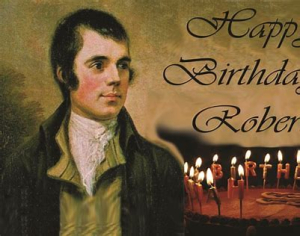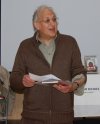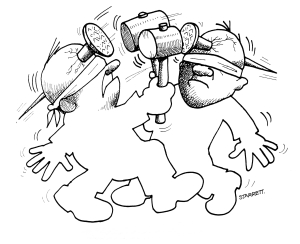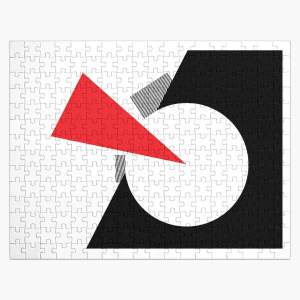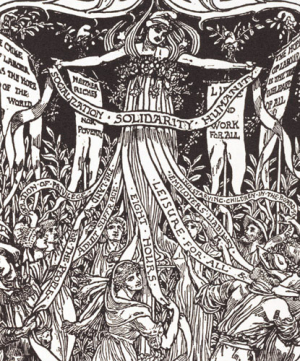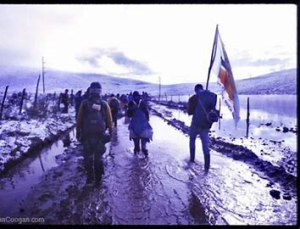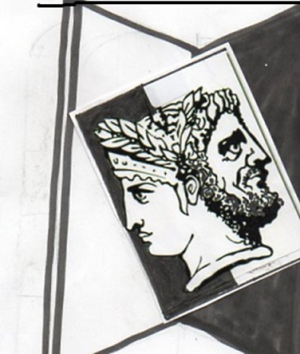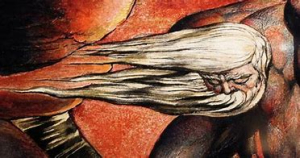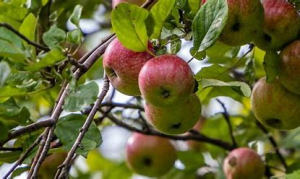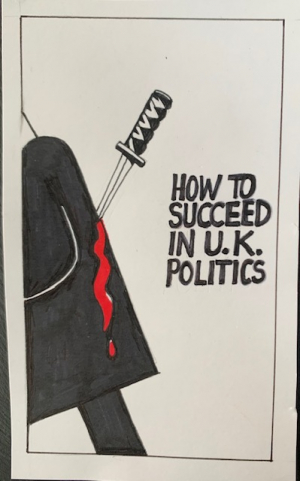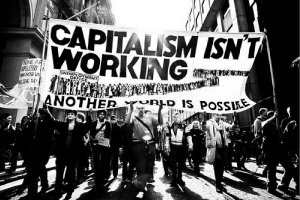Conscripted
by David Betteridge
Being human means throwing your life entirely
on the scales of destiny, while rejoicing
in every sunny day and every beautiful cloud...
- Rosa Luxemburg
Sleeping is hard, with the mind so troubled;
also hard is staying awake when fear exhausts us
and tests us on a sharp edge of waiting,
as we listen for the next whine and thump
of a bomb that may be the last we hear.
Will we ever see the sky again,
and enjoy the singing of birds?
Will we feel on our skin the freshness
of breeze and rain?
Will we walk this way or that
at our own sweet will,
unconcerned and unconstrained?
Will we ever get out of here?
Only with luck, and with the help
of others; till then we are trapped,
deprived of light and food, even
of clean air to breathe, and space
in which to move.
What can we do meanwhile
in this agony of heavy time
and long fear?
We can wait with hope, keeping safe
certain thoughts and words
that are precious, keeping them alive
and warm, using them in speech,
and, as here, in written form:
thoughts and words that would otherwise
be maimed or bled of meaning
or snuffed out: thoughts and words
inimical to war, and to the roots
of war.
And we can sing, marking the hours
and days like nights that we must spend
in this bombed basement
in our former town.
What shall we sing?
We shall sing songs in praise of skies
and birds, and all the things of Nature
that delight, and all the things of Culture,
too, that inform our building
of a just state, countering, both in self
and others, deadly hate.
Can such songs prefigure and sustain
the dreams that yet may visit us,
supposing we can snatch renewing sleep?
And can our dreams in turn prefigure
and sustain the way our lives proceed,
supposing we survive, shaping
first our championing of peace
and then its flourishing in deed?
Forward, from our species’ origin
in green savannahs, a long march
has stumbled, guided by a vision
of what might be, injured often,
but keeping going, even as it bled.
Listening hard, we hear its echoes -
Peace! Peace! it calls - and we view,
in History’s sad book, the glimmers
of the better times to which
that long march strove,
but never led.
Besieged, bewildernessed,
huddled here, being the latest victims
of the latest war, we are conscripted
at a stroke to join our predecessors
in their slog of hope.
Peace! Peace! we call
from our virtual place of prominence
at the stumbling column’s head.
Singing, dreaming, holding fast to life
and to every attribute of life,
we have no choice but to beat back death
hourly, and with it, in our basement,
death’s accomplice, dread.
